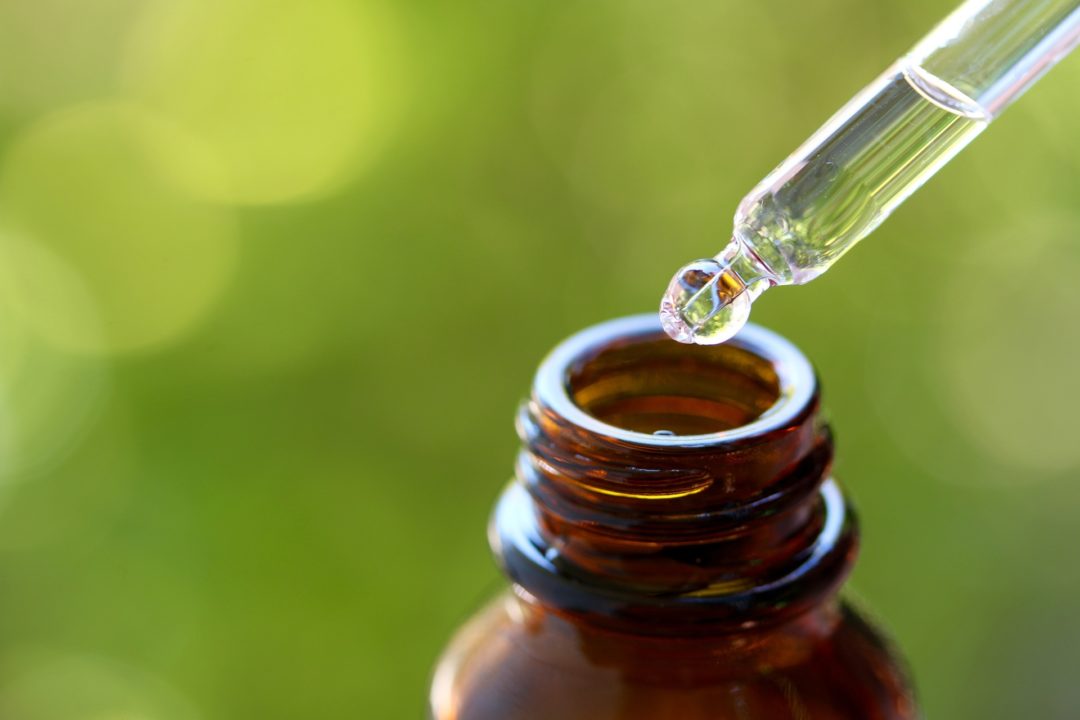Certain homeopathic-labeled products do not meet manufacturing practice standards and may even contain potentially harmful ingredients, the FDA maintains. The FDA’s new proposed approach was announced on Dec. 18.
FDA CommissionerScott Gottlieb, M.D., stated that their "approach to regulating homeopathic drugs must evolve to reflect the current complexity of the market, by taking a more risk-based approach to enforcement. We respect that some individuals want to use alternative treatments, but the FDA has a responsibility to protect the public from products that may not deliver any benefit and have the potential to cause harm."
Homeopathy was developed in the late 1700s. It is based on the belief that a substance that causes symptoms in a healthy person can be used to treat illness and that the more diluted the substance, the more potent it is. The homeopathic market started off small, and was mainly for specialized products.
Today, the homeopathic industry is worth nearly $3 billion. Although law states that homeopathic drug products must meet the same standards as any other drug product, many prescription and nonprescription products labeled as homeopathic are being manufactured and distributed without FDA approval.
Steven Salzberg, a biomedical engineer at Johns Hopkins University, toldThe Washington Postthat homeopathic packaging often leads consumers to believe the products “cure all sorts of conditions — pain, colds, asthma, indigestion, arthritis, you name it — and yet there's not a whit of evidence.” According to Salzberg, the homeopathy field is “just silly from a scientific point of view, more like a religious belief than a scientific belief.”
The FDA’s approach will focus mainly on unapproved drug products that are at the highest risk of harming a patient. “The FDA intends to focus its enforcement authorities on the following kinds of products:
- products with reported safety concerns;
- products that contain or claim to contain ingredients associated with potentially significant safety concerns;
- products for routes of administration other than oral and topical;
- products intended to be used for the prevention or treatment of serious and/or life-threatening diseases and conditions;
- products for vulnerable populations; and
- products that do not meet standards of quality, strength or purity as required under the law.”
Janet Woodcock, director of the FDA's Center for Drug Evaluation and Research, told reporters in a press conference that many products will not be considered high risk, and will therefore be available to customers. Under the new approach, the FDA will only “go after” products that might cause “overt harm.”
The Federal Trade Commission also recently announced a new enforcement policy stating that they will hold over-the-counter homeopathic drugs to the same standard as other products making similar health claims.
"The draft guidance is an important step forward in the agency's work to protect patients from unproven and potentially dangerous products," says Woodcock.
The American Association of Homeopathic Pharmacists responded to the FDA's draft guidance by stating that they share "the FDA’s commitment to protecting public health and applauds the Agency’s plan to take quick action against illegal or unsafe homeopathic medicines."
The AAHP further noted that the draft guidance did not materially affect most of the homeopathic drugs available in the US. The vast majority of homeopathic drugs comply with the safety and manufacturing standards according to the current Good Manufacturing Practices.
Dr. Dan Fabricant, president and CEO of the Natural Products Association, applauded the move as a win for consumers.
“Risk based is generally good because it keeps focus on fly by nights and scam artists selling junk masquerading as natural products, and those criminals should be caught and penalized to the full extent of the law," he said in a statement. "So that is a win for consumers and safety and taxpayers. Still homeopathic products have been used safely since the 1700’s, and we’re sure the agency will factor that into any regulatory decisions and balance the risk to benefit with legitimate industry for the millions of Americans looking to those responsible companies for safe alternatives in the marketplace.”










